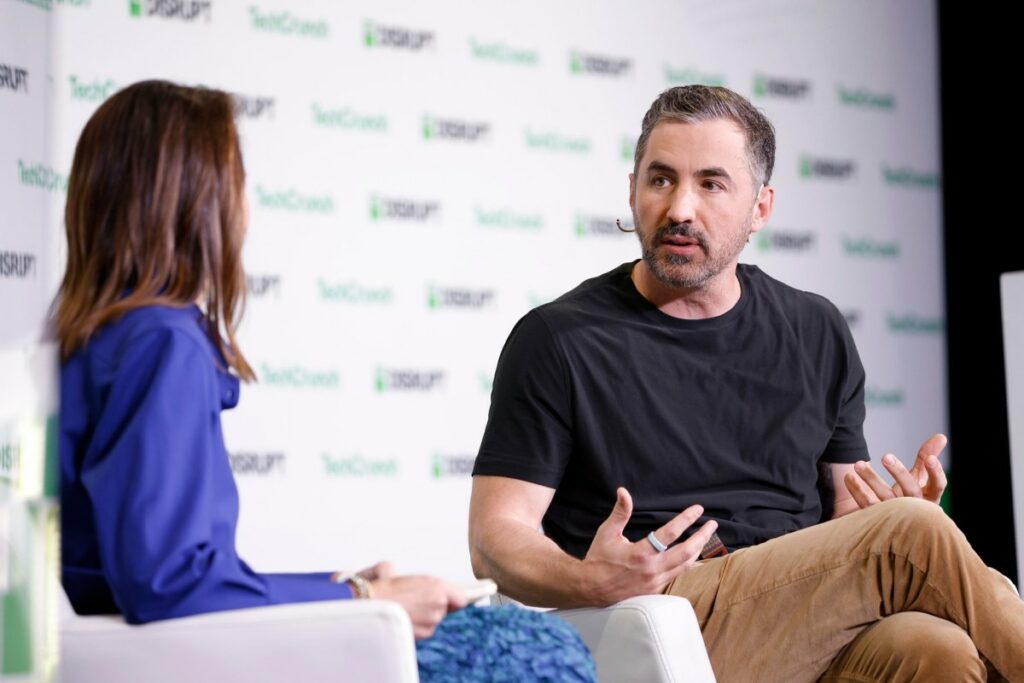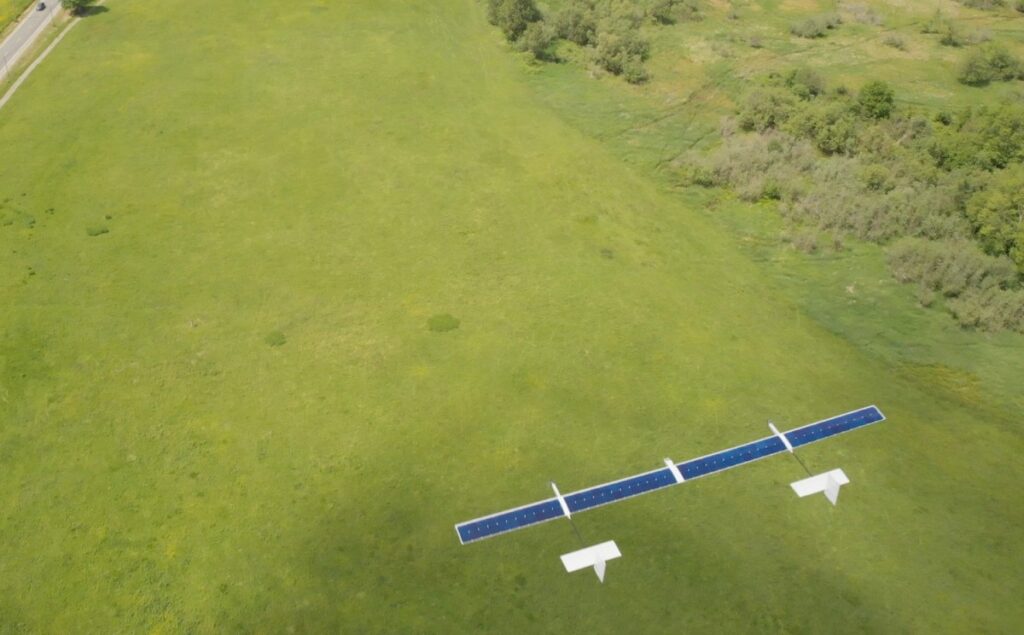Kevin Rose has a visceral rule for evaluating AI hardware investments: “If you feel like you should punch someone in the face for wearing it, you probably shouldn’t invest in it.”
It’s a typically candid assessment from the veteran investor, and one born from watching the current wave of AI hardware startups repeat mistakes he’s seen before. Rose, a general partner at True Ventures and early investor in Peloton, Ring, and Fitbit, has largely avoided the AI hardware gold rush that’s consumed Silicon Valley. While other VCs rush to fund the next smart glasses or AI pendant, Rose is taking a decidedly different approach.
“A lot of it is just like, ‘Let’s listen to the entire conversation,’” Rose says of the current crop of AI wearables. “And to me, that breaks a lot of these social constructs that we have with humans around privacy.”
Rose speaks from experience. He was on the board of Oura, which now commands 80% of the smart ring market, and he’s witnessed firsthand what separates successful wearables from failed ones. The difference isn’t just technical capability; it’s emotional resonance and social acceptability.
“As an investor, you kind of have to not only say, okay, cool tech, sure, but emotionally, how does it make me feel? And how does it make others feel around me?” he explained on stage at TechCrunch Disrupt last week. “And for me, a lot of that is lost in all the AI stuff, where it’s just always on, always listening, trying to be the smartest person in the room. And it’s just not healthy.”
He admits to trying various AI wearables himself, including the failed Humane AI pendant that briefly caught the world’s attention a year ago. But the breaking point came during an argument with his wife. “I was like, I know I didn’t say that. And I was trying to use it to actually win an argument,” he recalled. “That was the last time I wore that thing. You do not want to win a battle by going back and looking at the logs of your AI pin. That doesn’t fly.”
The tourist use case — asking your glasses what monument you’re looking at — isn’t good enough, Rose said. “We tend to bolt AI onto everything and it’s ruining the world,” he said, pointing to features like photo apps that let you erase people from the background. “I had a friend who erased a gate from behind him to make the picture look better. I’m like, ‘That’s your yard! Your kids are gonna look at that and be like, ‘Didn’t we have a gate there?’”
Rose worries we’re in an “early days of social media” moment with AI — making decisions that seem harmless now but will haunt us later. “We’re gonna look back and be like, ‘Wow, that was weird. We just slapped AI on everything, and thought it was a good idea,’ similar to what happened in the early days of social. We look back a decade or two later, and you’re like, ‘I wish I would have done that differently.’”
Techcrunch event
San Francisco
|
October 13-15, 2026
He’s experiencing these tensions firsthand with his young children. Using OpenAI’s video generation tool Sora to create videos of tiny Labradoodles, his kids asked where they could get those puppies. “I’m like, that’s not really Dad there. How do you have that conversation? Very awkward,” he says. His solution, he said, is treating AI like movie magic, explaining that just as actors aren’t really flying on screen, Dad’s puppies aren’t real either.
But Rose isn’t a Luddite. He’s deeply optimistic about how AI is transforming entrepreneurship itself, and by extension, the venture capital industry that funds it.
“The barriers to entry for entrepreneurs are just shrinking with every day that goes by,” Rose observed. He recounted a colleague who had never used AI coding tools before building and deploying a complete app during a drive from LA to San Francisco. Six months ago, the same task would have taken ten times as long and required navigating dozens of errors.
“In three months, when [Google’s] Gemini 3 hits the market, there’s going to be zero errors or next to it,” Rose predicted. “High school coding classes are no longer coding classes — they’re vibe coding classes, and they will build the next billion-dollar business launched out of some random high school. It will happen. It’s just a matter of time.”
These developments utterly change the venture capital equation, Rose said. Entrepreneurs can now delay fundraising until they absolutely need it, or potentially skip raising outside funding altogether. “It’s really going to change the world of VC, and I think for the better,” Rose said.
Many venture firms have responded by hiring armies of engineers—Sequoia Capital, for instance, now employs as many developers as investors. But Rose doesn’t think that’s the answer. Instead, he believes the value proposition for VCs shifts to something more fundamental. “At the end of the day, the entrepreneur is going to have issues that are not technical,” he argued. “They’re very emotional problems. And so I think the VCs with the highest EQ that can show up best for the founders as their long term partner — that have been with firms and aren’t hopping around, that aren’t just fly-by-night VCs but have been around and seen these problems at scale — they’re going to be sought after.”
So what does Rose look for when making investments? He circles back to something Larry Page told him years ago when Rose was at Google Ventures, his first institutional investing job after co-founding the social news platform Digg and before joining True Ventures in 2017. “A healthy disregard for the impossible is what’s important to look for.”
“We want founders that aren’t just sanding down the rough edges, but they’re really swinging for the fences with big, bold ideas that everyone else says, ‘That is a horrible idea. Why are you doing this?’” Rose said. “That’s what I’m drawn to. Because even if it doesn’t work, we love your mind. We love where you are, and we gladly back you the second time.”


